In this article you will find answers to following questions: what are the key aspects of cannabis zoning laws?, how do marijuana cultivation regulations vary by location?, what does a cannabis compliance guide entail?, what factors determine the land-use for weed?, what are the specific zoning requirements for marijuana?, how can one ensure cannabis regulatory compliance?, what are the essential cultivation site requirements for marijuana?, what are the restrictions on land-use for marijuana?, how can one ensure compliance when working with marijuana?, what are the zoning considerations for a weed farm?
Hello there, my fellow marijuana enthusiasts! In our journey through the complex world of marijuana cultivation, we all face challenges and triumphs, marked with every seed we sow. As an avid grower myself, I’ve tasted the bitter sweetness of this voyage. As a humble student of this craft, I am here to share my insights into the significant aspects of pot cultivation – zoning, land-use, and regulatory compliance.
Our journey begins the moment you decide to buy marijuana seeds. Seeds are the heart and soul of our endeavor, the foundation upon which our dreams of bountiful harvests are built. However, in this step, it’s crucial to ensure that your weed seeds are sourced from licensed, reputable providers. It sets the tone for compliance right from the outset and ensures that your efforts are built on solid, legal ground.
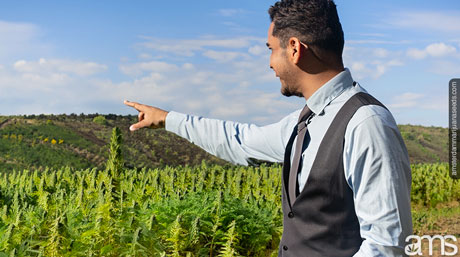
So, you’ve got your weed seeds – what’s next? Before you start growing marijuana, one must become well-acquainted with cannabis zoning laws. But what exactly are these laws, and why are they so important? Zoning laws dictate how land can be used in specific regions. They’re designed to ensure order and compatibility between different land uses, protect environmental quality, and uphold public safety.
These regulations are of utmost importance to marijuana cultivation. They establish where you can grow – be it within certain urban areas, particular rural zones, or even specified buildings. Different zones have different rules, and it’s vital that growers stay well-informed to remain compliant. Ignoring these laws can lead to heavy fines and even cessation of operations.
As you delve deeper into the world of growing marijuana seeds , you’ll soon encounter the broader sphere of pot cultivation regulations. These rules aren’t just limited to land usage but encompass every facet of your cultivation operation. From the size and security of your cultivation site to waste disposal and pesticide usage, these regulations make sure that pot cultivation happens responsibly and sustainably.
These rules also often dictate how close your cultivation site can be to sensitive areas such as schools, parks, and residential zones. While these regulations might seem daunting, they are designed to ensure the safety and well-being of the larger community.
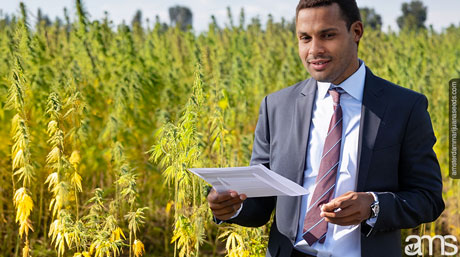
The world of marijuana compliance is vast and sometimes overwhelming. That’s where the importance of a comprehensive cannabis compliance guide comes in. An effective guide will provide you with all the necessary information, from zoning laws to cultivation regulations, and best practices to follow.
These guides can act as your roadmap, helping you navigate the sometimes choppy waters of compliance. They help translate often complex legal language into something more understandable and provide practical advice on how to stay within the lines.
Your land is your canvas, and your pot seeds are the paint. But before you create your masterpiece, it’s crucial to understand land-use for cannabis. This encompasses not only zoning laws but also includes considerations about soil quality, water and electricity access, and environmental impacts.
The success of your crop heavily relies on these factors. A soil rich in organic matter, access to clean water, and ample sunlight or electricity (for indoor operations) can dramatically influence your weed growing endeavor.

Now, let’s take a closer look at the zoning requirements in cannabis cultivation. Different zones will have different rules about what can be grown and how. For example, some zones may only allow indoor cultivation, while others may permit both indoor and outdoor cultivation.
In addition to this, there are also specific site requirements that you have to consider. How big is your land? What are the soil quality and pH? How much sunlight does it receive? Is there easy access to water? All these are critical in the successful growing of marijuana.
When it comes to cannabis cultivation, not all land is created equal. Different regions have different marijuana land-use restrictions. Understanding these restrictions is vital in planning your operation. Some areas may not permit outdoor cultivation, while others may require specific types of facilities for indoor cultivation. Knowing these restrictions can help save a lot of time, effort, and resources.
While it might seem like a lot to take in, ensuring cannabis compliance is a crucial part of growing marijuana. Compliance is more than just obeying the law; it’s about being a responsible member of the community. It involves constant vigilance – from
regular checks on your crops to maintaining the cultivation site, to keeping updated with any changes in the laws.
Now that we’ve covered the legal side of things, let me share some growing tips that have helped me along my journey:
Growing weed can be an incredibly rewarding journey, and staying informed and compliant makes it all the more satisfying. Remember, the quality of your pot growing endeavor is only as good as your commitment to learning and adapting.
Keep growing, my friends, and remember, every seed you plant is a step forward in this exciting journey.
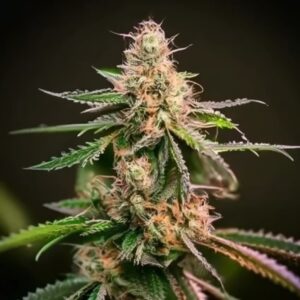


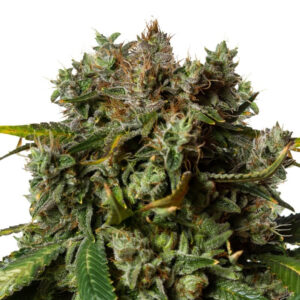

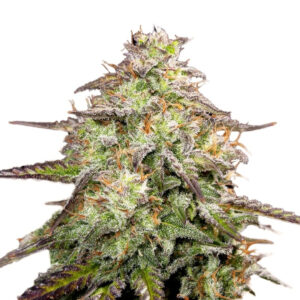
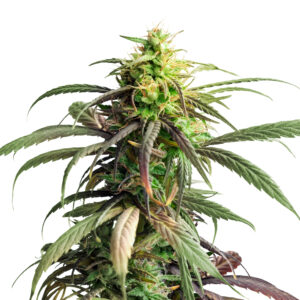






Related Posts

It’s a quaint paradox, my current existence. I write to you as a woman caught between worlds. A German soul soaking in Argentine culture, returning home and finding herself amidst a green revolution in Germany. I often reflect on the past, and it always seems surreal. My Argentine abode seems galaxies away from my homeland, yet Germany remains rooted in…
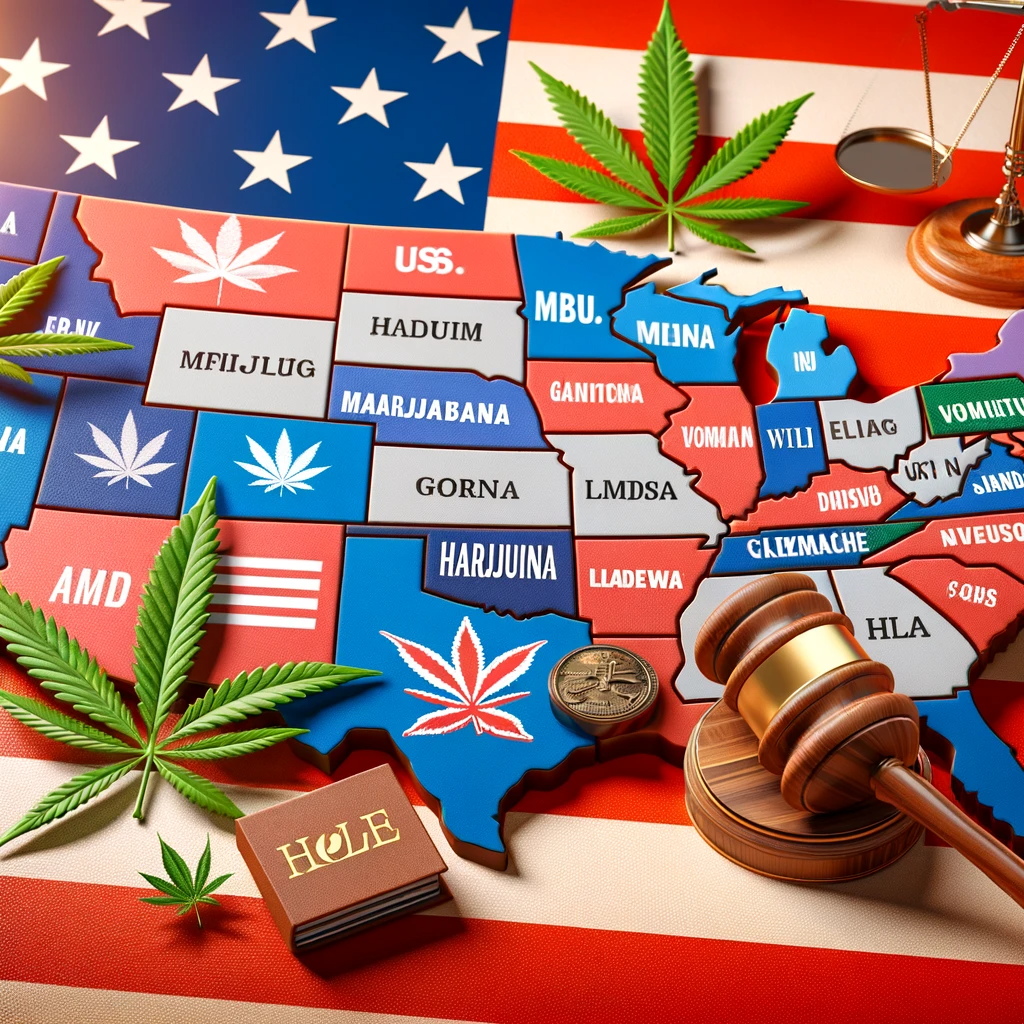
Discover the changing landscape of marijuana legalization in the U.S., where states are progressively embracing recreational use amid growing public support and potential economic benefits.

Introduction:
Cannabis has been a source of public health and policy debate for decades within the European Union (EU). As the most popular illegal drug in the region, it is essential to understand the current policies and trends affecting cannabis use and regulation within the EU. This article aims to provide an informative overview of the cannabis policy in the…